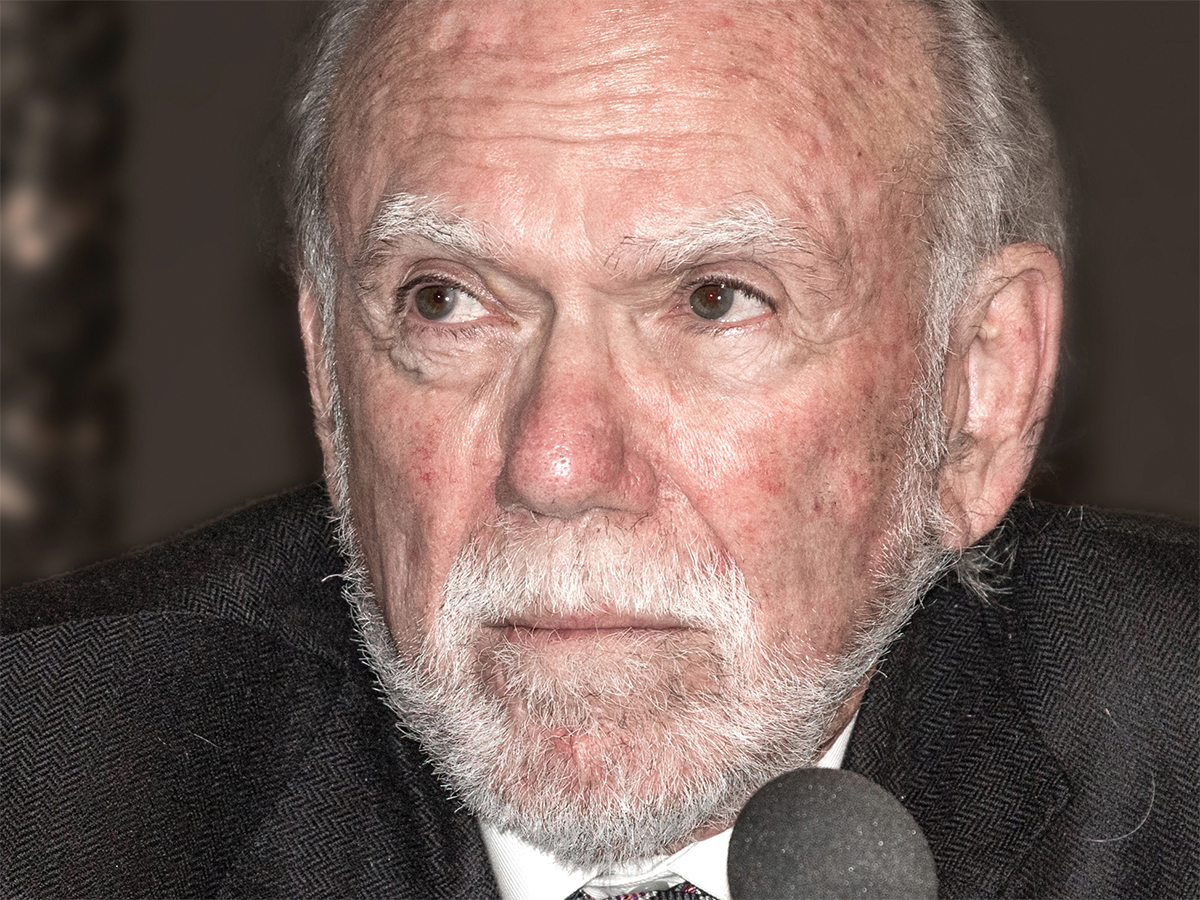UC Riverside has signalled its ambition in expanding its award-winning faculty by hiring the 2017 Physics Nobel Prize winner, Barry C. Barish. On Sept. 1, Barish joined the UCR College of Natural and Agricultural Sciences (CNAS) faculty for the 2018 fall quarter. Barish earned the Prize alongside Rainer Weiss, a professor at the Massachusetts Institute of Technology (MIT), and Kip Thorne, a professor at Caltech University, for their groundbreaking work in enabling the first observation of gravitational waves.
Barish and his peers made great contributions in the Laser Interferometer Gravitational Wave Observatory, otherwise known as LIGO. On September 14, 2015, LIGO was able to detect a gravitational wave for the first time ever. The detection of gravitational waves confirms predictions made by Albert Einstein in his general theory of relativity.
The LIGO lab contains a total of 1000 researchers from more than 20 countries and enables the detection of gravitational waves caused by different universal phenomena. The first gravitational wave detected was generated by the collision of two black holes and took about 1.3 billion years to arrive at the LIGO detector labs.
LIGO allows the detection of gravitational waves by splitting a laser beam with a mirror into two and sends each beam in different directions with a precise time and equal distance through long vacuum tubes. Mirrors located at the end of each tube reflect the lasers back at the same time. When no disturbance is detected, the laser reflections meet and cancel each other out, preventing light from reaching the detecting instruments.
The discovery of gravitational waves came due to a distortion in the lab, resulting in the laser beams losing their synchronization. This led the beams to be unable to line up and cancel each other out, which sent signals to the light detector.
In order to record more accurate measurements, two identical LIGO labs were built on opposite sides of the United States, at Livingston, Louisiana and Hanford, Washington. Both are synchronized to each other so that the signals can be validated.
Barish has earned many achievements worldwide throughout his career such as the Chinese Fudan-Zhongzhi Science Award, the Spanish Princess of Asturias Prize for Science and Technology, the Giuseppe and Vanna Cocconi Prize and the Klopsteg Memorial Award from the American Association of Physics Teachers. He was also elected a member of the American Academy of Arts and Sciences and a fellow and President of the American Association for the Advancement of Science and of the American Physical Society.
Barish earned his bachelor’s degree in physics in 1957 and his doctorate in 1962 from UC Berkeley in experimental particle physics. In 1991, he was appointed the Linde Professor of Physics, Emeritus, at CalTech where he began to lead the LIGO project through its final design stages. Later, in 1997, he helped create the LIGO Scientific Collaboration, which enabled worldwide participation in the project.
In an interview with the Highlander, Barish stated that he “very much look[s] forward to joining the UCR physics faculty with its exciting research programs and orientation toward student success … I hope to bring some new research perspectives, and especially to help educate the very special UCR student body.”
This quarter, Professor Barish will be joining his son Professor Kenneth Barish, chairman of the Department of Physics and Astronomy at UCR as a fellow faculty member. His father’s work has inspired him and made him proud. In an interview with The Press-Enterprise Kenneth Barish stated that “when he (his father) started this, he was 58.” Now 81, Professor Barry C. Barish’s hard work has paid off.
On the importance of detecting gravitational waves, Nobel officials said, “(they) are an entirely new way of observing the most violent events in space and testing the limits of our knowledge.” Professor Kenneth Barish believes that LIGO’s finding “is one of the most important discoveries in the last 100 years,” because it measures the difference in “the actual space it is changing and being warped or compressed so when you get a gravitational wave, you get a compression in one direction and an expansion in the other direction.”
In an interview with UCR Today, Kathryn Uhrich, the dean of CNAS, stated that “we are truly grateful for Professor Barish’s willingness to share his wealth of groundbreaking research and knowledge with UCR students and faculty, who also work every day to follow his example and push the boundaries of science.”
Professor Barry Barish will be the second Nobel Prize winner in the UCR faculty, following Richard Schrock, a Nobel prize winning chemist and UCR alumni. Professor Richard Schrock joined the UCR faculty a month before Professor Barry Barish.








